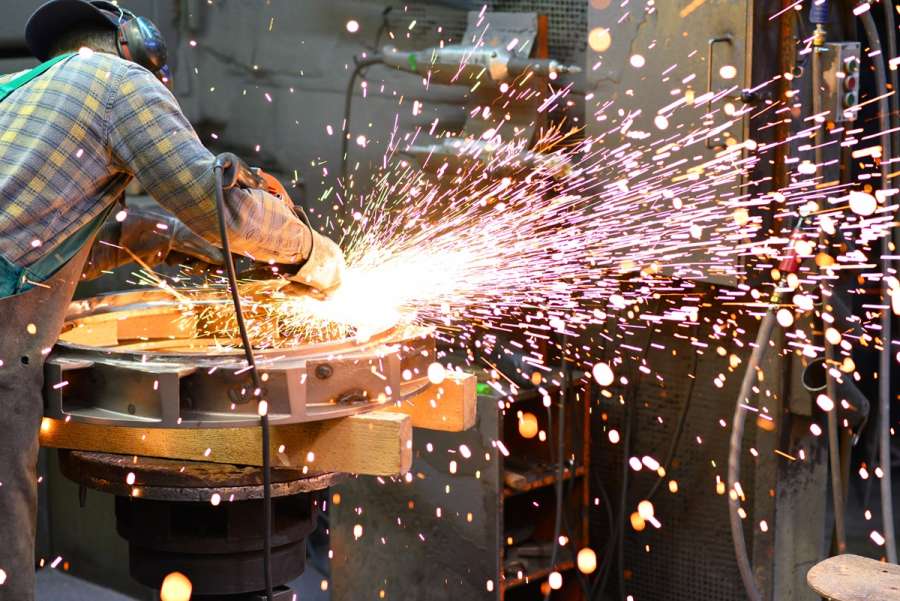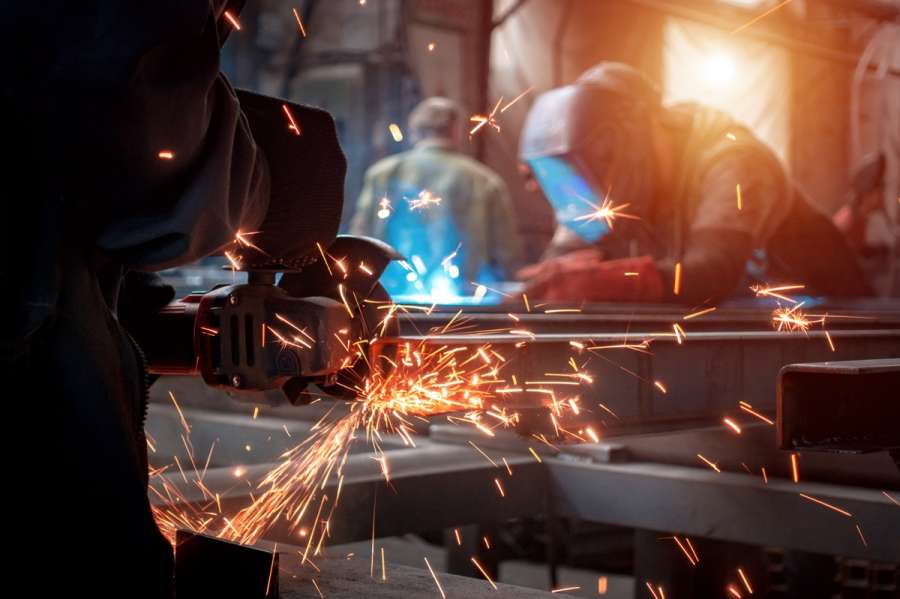AI is set to transform manufacturing, boosting productivity, reducing expenses, improving quality, and minimising downtime.
Small and medium-sized businesses should consider adopting affordable AI solutions.
AI is widely used in manufacturing for defect detection, predictive maintenance, demand forecasting, waste reduction, quality control, process optimisation, and performance enhancement.
AI's image and video recognition capabilities enable advanced simulation and complex data analysis. In addition, AI can optimise supply chains, monitor suppliers, and prevent disruptions.
Smart manufacturing practices like real-time vision, hands-free systems, resource tracking, autonomous vehicles, optimised deliveries, and industrial robots can be used with sensors and cloud-connected factories.
Moreover, AI can perform Intelligent IT Operations that involve data management, analysis, performance analysis, and root cause analysis.
Generative AI can create design iterations, while augmented or virtual reality can help producers test models. High-resolution cameras identify flaws, reducing waste.
The benefits of AI in manufacturing include increasing efficiency, enhancing product quality, predictive maintenance, customised manufacturing, streamlined supply chains, better inventory management, and reduced transport costs.
However, AI implementation and management require a careful approach due to potential threats, including job displacement, high upfront investment, security concerns, and overreliance.
To conclude, AI is poised to play a pivotal role in the future of manufacturing, but its success depends on its careful implementation and management.
 The United Kingdom's manufacturing sector has undergone a profound transformation, driven by rapid technological advancements and global economic shifts.
The United Kingdom's manufacturing sector has undergone a profound transformation, driven by rapid technological advancements and global economic shifts.








